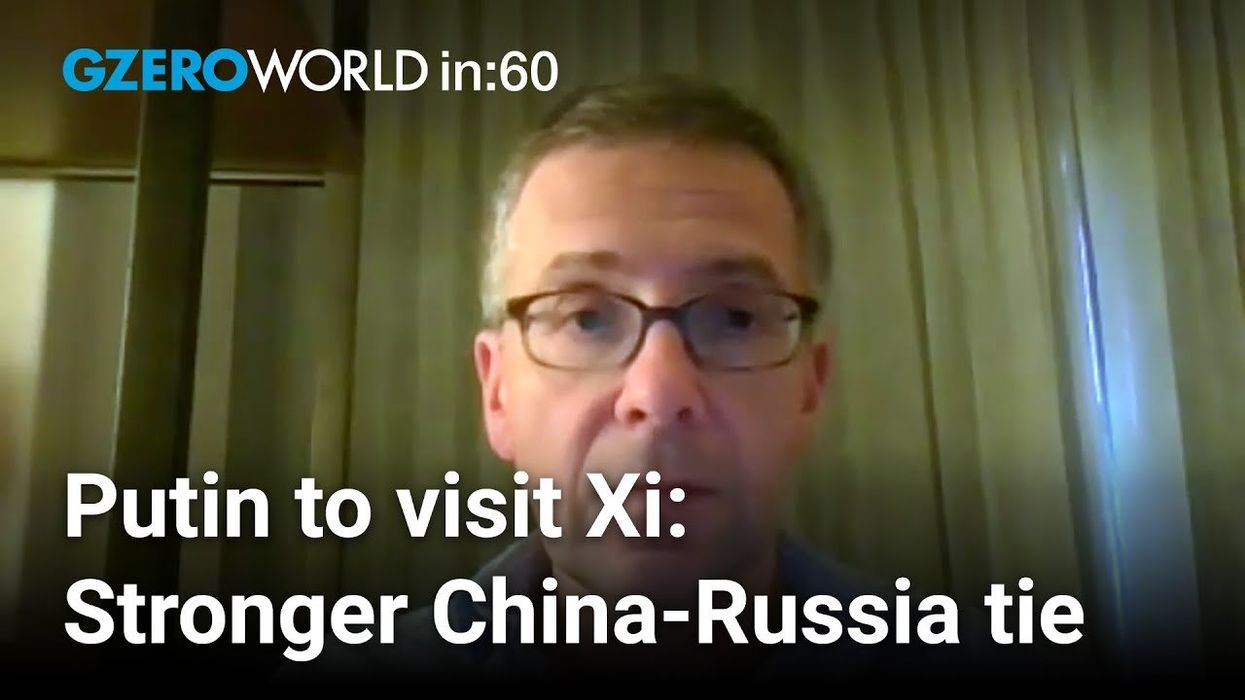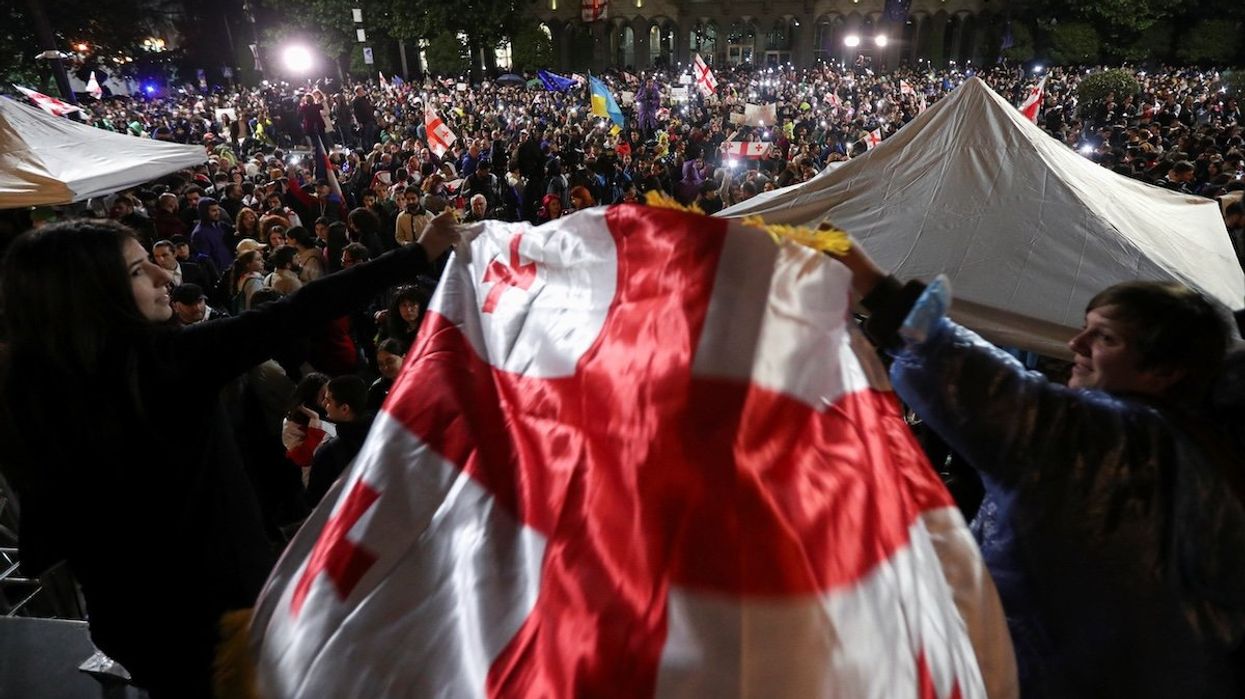ask ian
Xi invites Putin to China to strengthen "no limits" partnership
Does Putin's upcoming visit with Xi Jinping signal a continuing “no-limits” partnership between China and Russia? Why is Europe alarmed with Georgia's “foreign agents” law? How will Biden respond if Israel continues to push into Rafah? Ian Bremmer shares his insights on global politics this week on World In :60.
May 14, 2024


